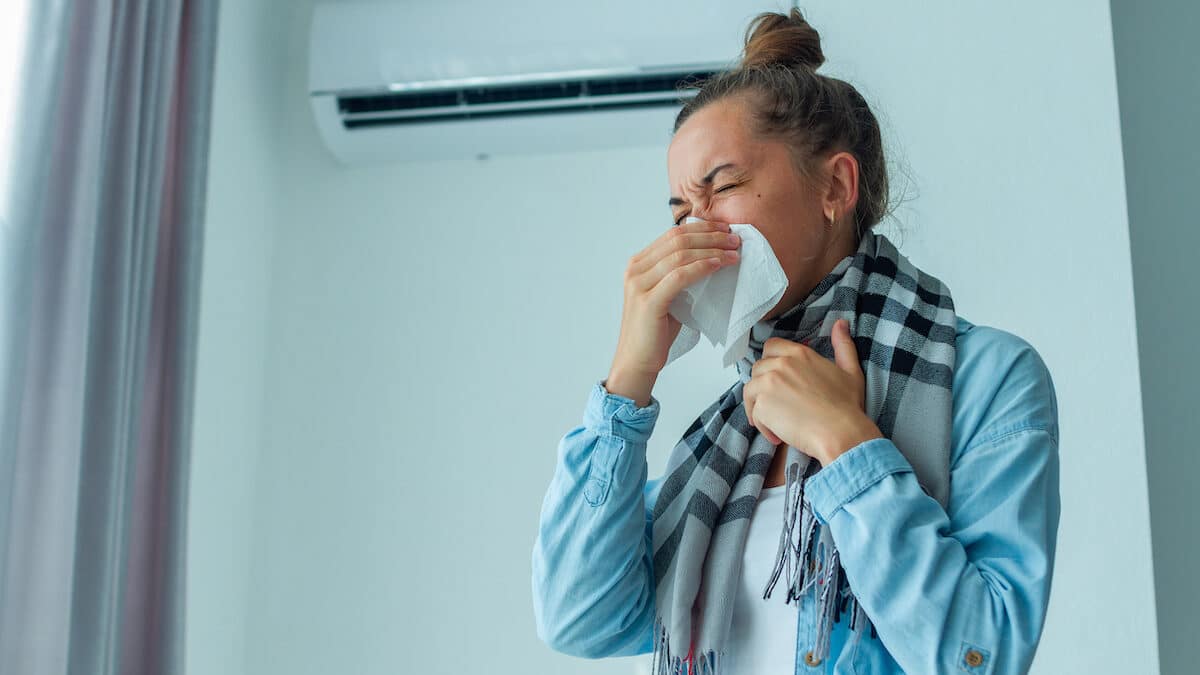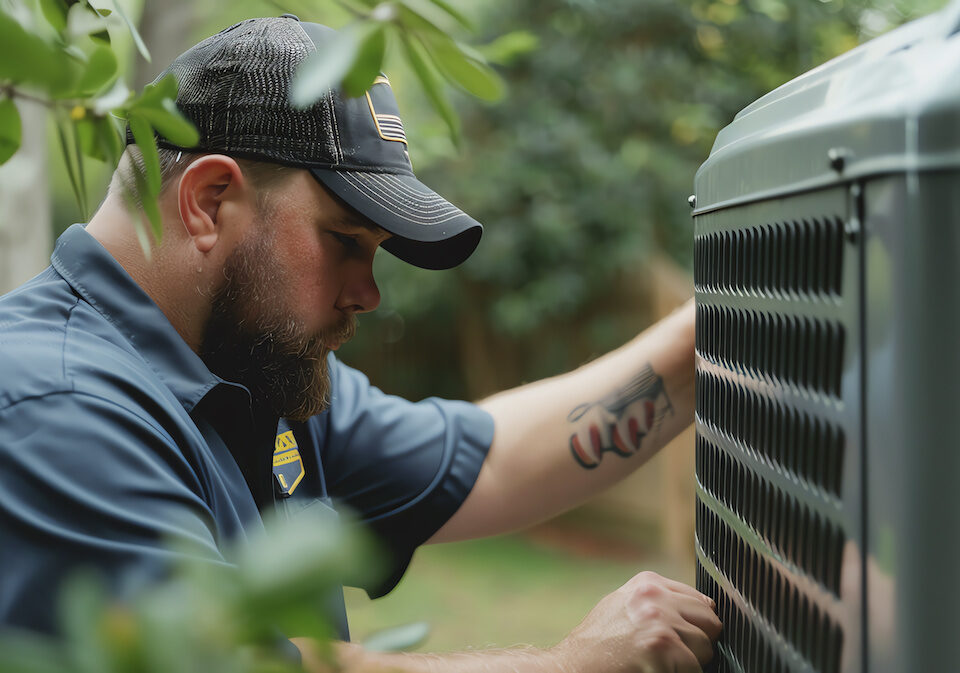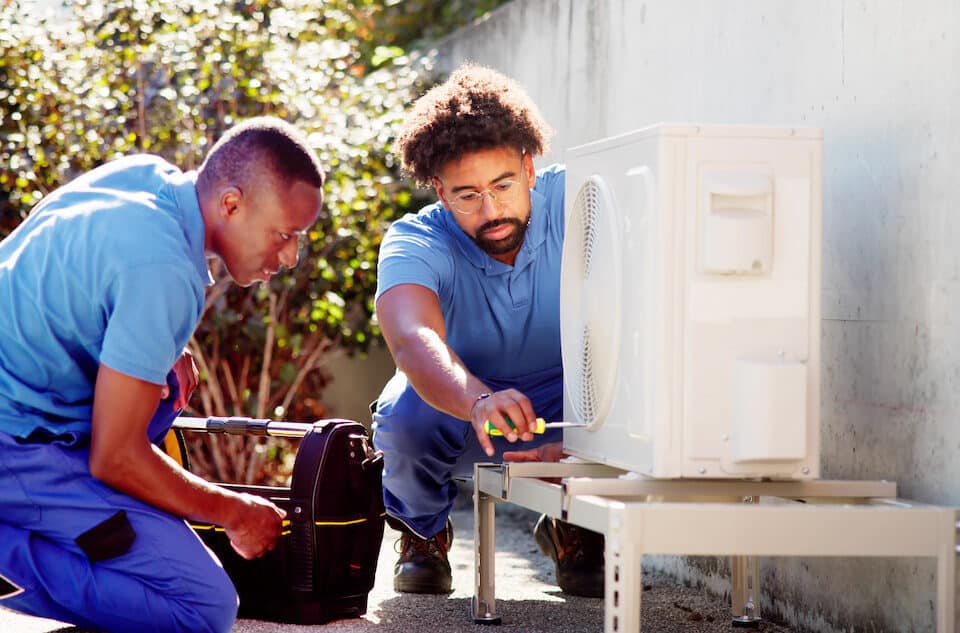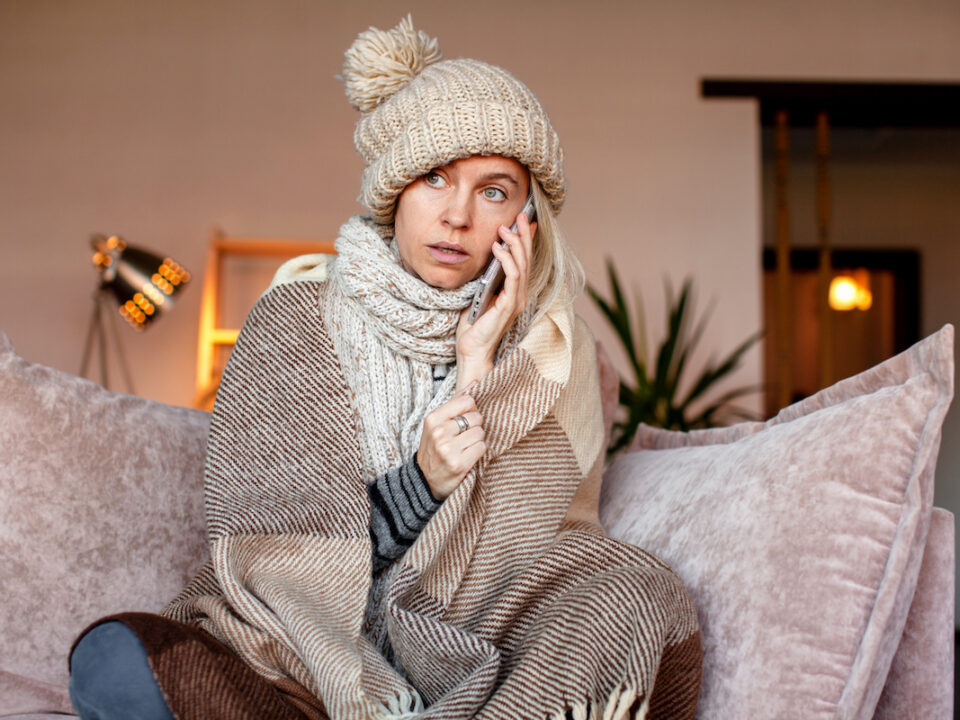Can I Get Sick From Air Conditioning?

Air conditioners make life bearable, especially during the peak of the summer. With the weather at its extreme, these cooling systems help us regulate temperatures so that we can feel comfortable. However, many feel an adverse effect when using their air conditioning system. Your air conditioner could be the cause of why you are consistently getting sick.
It’s through exposure to harmful bacteria, viruses, and such microorganisms that we get sick. What air conditioners do is increase the likelihood of exposure. However, you can follow a few simple steps to avoid exposure. Let’s now look at some common air conditioning sicknesses and how to avoid them. Unaccounted headaches are common during summer, especially for those who stay indoors for long.
We use our air conditioners to keep cool and comfortable. Our dependence reaches its peak in the summer when they can be virtual lifesavers. However, these household appliances can also have detrimental effects on our health if they aren’t properly maintained or if they are incorrectly used. Homeowners must be vigilant in spotting symptoms. So, wondering can I get sick from air conditioning? Read on.
What Does Science Say?
Studies show a higher occurrence of these conditions among employees who work with their air conditioning units turned on. This circumstance is known as sick building syndrome. Whenever an air conditioner kicks on, it increases cold conditions while lowering humidity. It is advisable to use a humidifier alongside your home conditioner if you experience any air conditioning sickness symptoms.
It is common to experience unusual dryness of the skin when you run air conditioner at low temperatures. Scientifically, arteries leading to the skin constrict at super-low temperatures as a defense mechanism. This helps the body from losing too much heat. Unfortunately, this constriction also lowers the flow of white blood cells to the skin, thus reducing its power to fight germs.
What to Look For
Here are some of the most common signs that the AC may be making you sick: Air conditioners are responsible not just for cooling but also for air circulation and cleaning. They have HVAC filters that are meant to stop dust, dirt, mold, pollen, and other harmful particles from entering the house.
People with existing respiratory ailments like asthma and emphysema get hit the hardest. Perhaps the filters are no longer effective at their job and are due for replacement. Maybe layers of dirt have built up in the ducts such that the system requires thorough cleaning. Regardless, be sure to call your HVAC service provider right away.
You might feel tired all the time despite having enough sleep. You might suffer from frequent bouts of headache. When you go to a doctor, you might be given a clean bill of health even if you feel that things are not quite right. This issue might be explained by “sick building syndrome.” A study found that working in a building with central air conditioning makes it more likely for employees to feel sick and miss work.
Aside from reducing the room temperature, air conditioners also lower the humidity in the home. This should make your home feel even cooler, but it can also have negative side effects. For example, your skin and lips may become very dry. That’s because the air will pull the moisture from your skin.
How Can You Prevent Getting Sick?
Talk to your HVAC contractor about a whole-house humidifier. Air conditioning does not cause common cold but initiates a number of phenomena that lead to the common cold. First, air conditioning hastens the spread of viruses that cause cold. Studies also confirm that these viruses multiply faster in cold conditions like those created by air conditioners.
As viruses thrive best in super-low temperatures, avoid running your conditioner when it is cold. Also, use a moisturizer to avoid becoming too dry. Most people can hardly withstand high temperatures. While this is not a quality anyone can boast about, being tolerant to some heat can help reduce air conditioning sicknesses.
These people feel uncomfortable whenever they are outdoors or in a room that is not air-conditioned. To avoid this situation, use natural ventilation for cooling when it is not too hot. Alternatively, turn up the thermostat on your air conditioner momentarily or walk outside to get some fresh air. Your HVAC unit regulates temperature primarily by circulating the air within your home or workplace.
Getting Rid of the Pathogens That Exist in Your Home
These nasty pathogens will still thrive in your bathroom, walls, floor, and the environment if not removed professionally. Air conditioning only makes matters worse as it circulates these allergens faster, leading to sore throat and difficulties breathing. Air conditioners can be a breeding zone for all sorts of pathogens if they are not maintained well.
During this process, it forms moisture. Accumulated water is eliminated through a condensate drain usually installed outside the home. With time, the drainage pipe may be clogged, which may block the passage of water. This creates a perfect breeding zone for mold, mildew, and other disease-causing organisms. Be sure to schedule annual maintenance for your air conditioner to ensure a higher level of performance and indoor air quality.
Do You Have to Ditch Your AC?
Does it mean you should ditch your air conditioning unit to stay free of these infections? Definitely not. Have a professional tune-up of your AC system yearly. Part of the tune-up includes checking leakage or clogging of the condensate drain line.
Yearly service also includes cleaning evaporator coils. As you can see, all air conditioner sickness symptoms have a solution. Check out our services here to book your appointment today.



